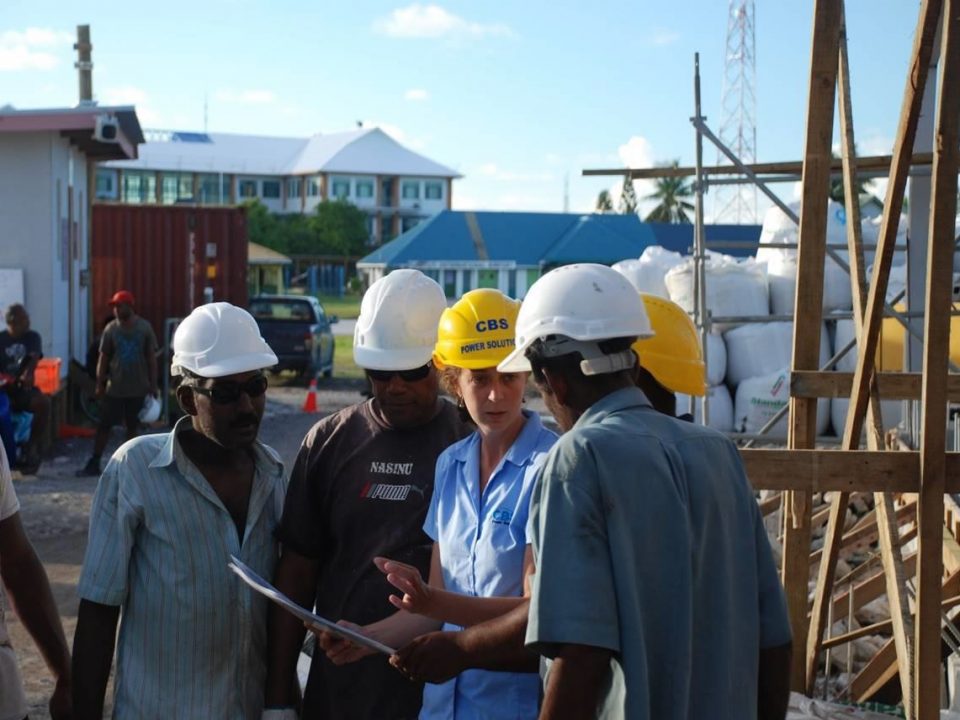Alarmists Need A Dose Of Reality And Nuanced Approach To Climate
The great problem with the debate about tackling climate change and altering our energy mix in Australia is that what should be a rational conversation has instead been hijacked by extreme ends of the spectrum.
On one side you have a vocal fringe who reject outright the scientific evidence of global warming and espouse a hatred for wind farms or any form of binding renewable energy policy.
In the centre you have a bipartisan acknowledgement that human activity is influencing climate change, with disagreement centring on what the (much-contested) impacts may be and how best to tackle the problem – be that renewables, an Emissions Trading Scheme, the Coalition’s “Direct Action” plan or a combination of the above.
At the other end of the pendulum you have the alarmists who subscribe to a green-tinged fundamentalism that envisages a virtually zero role for fossil fuels in our economy within a very short horizon and damn the consequences for living standards and economic stability. This is the starry- eyed idealism that would see Australia shift to 90 per cent renewables by 2030, a quantum leap from what agreed targets are now, and even Labor’s recently proposed 50 per cent target. If the Greens and their fellow travellers want the public to take them seriously, and all of us to work – sometimes pragmatically – together to tackle climate change, then they need to tone down the extremists and the ideologues and take a dose of reality.
Right now coal is, somewhat paradoxically, as good for humanity as the burning of it is damaging to the climate, and a transition must take place. Equally the growth of clean and renewable energy sources that don’t pump excessive carbon or other byproducts into our environment is welcome, but at what cost? A balance must be struck.
The reality is that if fossil fuels were removed from the equation today or indeed – given current technology – in the next few years, our global economy would grind to a halt and living standards would plummet.
Coal is still a cheap and technologically simple source of energy that will lift the living standards of hundreds of millions of people in less developed parts of the world such as India and Africa for decades to come. Burning millions of tonnes of the stuff comes with negative externalities, but that cost has to be weighed against the benefits for countries that cannot afford at this point any large-scale alternatives.
Growth in global coal-fired power generating capacity is slowing, with renewable energy capacity additions overtaking fossil fuels in 2013. The reality is that we are adding more capacity from both sources, but renewables are now growing faster as advanced economies shift their energy mix. That is a good thing, and most sensible people realise we are nowhere near the stage yet where the energy needs of an advanced economy such as Australia can be met from a massive leap in renewables over fossil fuel.
We cannot, overnight, electrify our major rail freight corridors to run on wind energy. Nor can we expect in the next 15 years that the technology fairy will give us 737s with photovoltaic cells that can transport Greens senators to and from Canberra each sitting week.
Our roads will still require diesel prime movers, and our exports will need to be shipped overseas via freighters using bunker oil. The steel plants that manufacture the basic materials for wind turbines will still need coking coal. That is just reality.
In Queensland our base load power supply for both major urban centres and heavy industry will still rely largely on coal-fired generators producing competitively priced power.
The flip side is renewable energy is becoming more economically viable, and advancing technology in areas such as battery storage will only accelerate that process. We should embrace that – as countless households already do with solar power – but at the same recognise that the shift will take time.
It may mean closing down ageing and dirty generators running on brown coal and relying more on higher grade material from sources like Queensland.
It definitely will mean that our big energy companies will need to diversify their focus to a broader energy mix, but it must be an evolutionary process, not a violent catharsis. The potential technological advances in the decades to come are impossible to predict and may well change the equation altogether – as was the case with smart phones, digital cameras (remember Kodak?) and personal computers. Basing future policy on a vague hypothetical, though, is just nonsense. Having an energy mix which is able to adapt to these changes is sensible.
Where elements of the environment movement are undermining their own position on climate change and energy policy is through absolutism: all fossil is bad, all sun and wind is good.
The truth is that in a complex world of varying economic advantage tackling climate change is more nuanced than that and many people who would normally support the principles of a clean energy environment are alienated by hard-line evangelism that has little basis in the real world. We will evolve, and are doing so at a rapid pace when it comes to both energy and emissions.
You will only take the public with you, though, if the hyperbole is replaced with a bit of pragmatic reality.


